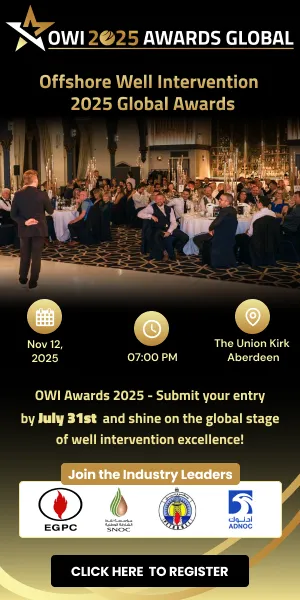Major refining projects are set to transform Africa’s energy landscape and boost self-suffciency
Africa is set to add 1.2mn barrels per day (bpd) of new refining capacity by 2030, representing one of the fastest downstream expansions globally, according to the newly released 2025 OPEC World Oil Outlook.
At the forefront of Africa’s refining expansion is Nigeria’s 650,000-bpd Dangote Refinery, which began operations in 2024 and is already reshaping regional fuel trade dynamics. Further developments include the 200,000-bpd Akwa Ibom Refinery, also in Nigeria, and Angola’s state-driven push to bring online the 200,000-bpd Lobito Refinery and 100,000-bpd Soyo Refinery by 2030.
Uganda’s refining ambitions are taking shape with a 60,000-bpd facility in Hoima, part of the country’s broader Lake Albert basin development plan, while modular refinery projects in Ghana, Guinea-Conakry, the Republic of Congo and additional sites in Nigeria are buiding capacity in markets where infrastructure and financing hurdles persist. In North Africa, Algeria (Hassi Messaoud), Libya (Ubari) and Egypt (Soukhna) are all advancing refinery projects aimed at capturing higher margins, improving domestic supply security and reducing dependency on imports of refined petroleum products.
According to OPEC, Africa will need over US$40bn in refining investments by 2030 to meet its mid-decade objectives, and beyond that, an additional US$60+ billion for refinery construction, modernisation and secondary processing capacity upgrades. This opens a US$100 billion investment opportunity for project developers, institutional investors, sovereign wealth funds and energy-focused private equity.
Africa’s rising domestic consumption of crude – forecast to reach 4.5 million bpd by 2050 from just 1.8 million bpd in 2024 – further underlines the need for investing in downstream infrastructure.
If the continent seizes this momentum, it can move beyond being a raw crude exporter to becoming a competitive, resilient and integrated energy producer.The 2025 edition of African Energy Week (AEW): Invest in African Energies in Cape Town will provide a platform for governments, operators and financiers to align on next-phase refinery projects, policy incentives and deal pipelines, as countries seek to reduce costly imports and capture more value from domestic crude,







